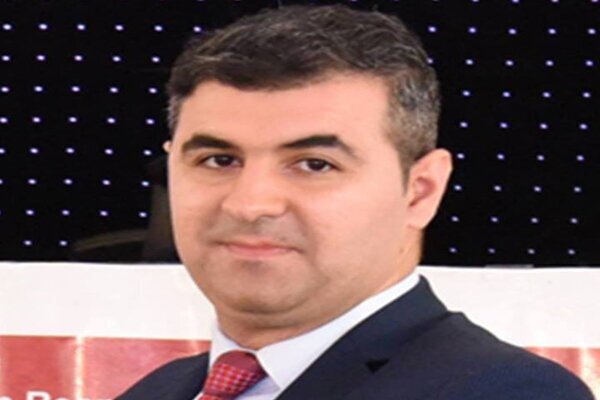
The Iranian delegation will be substantial—around 120 people—including business leaders, governors from Iran’s northwestern provinces, and members of the Iran-Azerbaijan parliamentary friendship group. For both Baku and Tehran, this trip is more than ceremonial. It’s a chance to reset ties, deepen trade, and signal a serious intent to cooperate in areas where shared interests clearly outweigh past tensions.
A major highlight will be the inauguration of the Aghbend-Kelaleh Bridge—an ambitious infrastructure project poised to reshape the regional trade landscape and physically link the two economies in new ways. The visit will also feature the Azerbaijan-Iran business forum and the signing of multiple cooperation agreements.
In advance of the visit, President Pezeshkian emphasized Iran’s desire to “unlock the full potential” of bilateral ties. He pointed to centuries of historical and cultural bonds and called for greater engagement not just between governments, but also across trade, tourism, culture, and civil society.
This attempt to rejuvenate relations comes after a difficult period. Diplomatic tensions had escalated in recent years, most notably following the 2023 attack on Azerbaijan’s embassy in Tehran. But in diplomacy, timing and tone are everything. Pezeshkian’s trip signals Iran’s willingness to turn the page. In return, Baku has made clear that its global partnerships—including with Western countries—are not intended to threaten any neighbors. Least of all Iran, with which Azerbaijan shares deep historical, religious, and familial ties.
Signs of progress are already visible. On April 8, President Aliyev met with Iranian Minister of Roads and Urban Development Farzaneh Sadat, who also co-chairs the joint intergovernmental commission. Their talks focused on the development of the North-South international transport corridor, the construction of bridges across the Araz River, and broader cooperation in logistics and infrastructure. Sadat also met with Azerbaijan’s Deputy Prime Minister Shahin Mustafayev. Both sides reaffirmed that high-level dialogue is key to shaping a relevant and future-oriented agenda.
Experts agree that relations between Azerbaijan and Iran are gaining positive momentum. Trade is on the rise. In 2024, bilateral trade turnover grew by 32%, freight traffic increased by 20%, and transit shipments jumped over 23%. The two countries have now set a goal to raise annual trade volume to $10 billion within five years—an ambitious yet achievable target given current trends.
Logistics is at the heart of this transformation. Projects like the North-South and East-West corridors, the new terminal in Astara, and bridges such as Siyah Rud–Ordubad and Aghbend–Kelaleh are turning the region into a critical transportation artery—connecting not just Azerbaijan and Iran, but Europe, the Caucasus, and South Asia. For Iran, these routes provide a direct, efficient link to the Black Sea, bypassing more volatile and less reliable alternatives.
Energy cooperation is also gaining ground. Joint hydropower projects like Khudafarin and Giz Galasi, and power plants in Araz, Ordubad, and Marazad, are already operational or under development. Iran honored its agreements on these projects even during the Armenian occupation of Azerbaijani border regions—a testament to its long-term strategic approach. Today, the two countries' power grids are interconnected at five points with a total capacity of 860 MW. Plans for further energy exchange and potential oil and gas partnerships are on the table, underscoring the depth of strategic engagement.
Simply put, the two presidents will have a great deal to discuss in Baku. But the significance of the visit goes well beyond project announcements and infrastructure blueprints. For Azerbaijan, it’s a chance to cement its role as a regional hub connecting East and West, North and South—built on principles of pragmatism, neutrality, and balanced diplomacy. For Iran, it’s an opportunity to shift the regional narrative, diversify economic ties, and gain secure access to external markets through Azerbaijan’s expanding transport infrastructure.
If President Pezeshkian’s visit leads to concrete agreements and practical progress on already-envisioned projects, it may mark the start of a new phase in Azerbaijan-Iran relations—one where history, geography, and mutual benefit overcome past disputes. At a time of global instability, trust and cooperation between Baku and Tehran could serve not just as an example of wise regional diplomacy, but also as a vital contribution to stability in the South Caucasus and beyond.
By Seymur Mammadov, director of the international expert club EurAsiaAz.